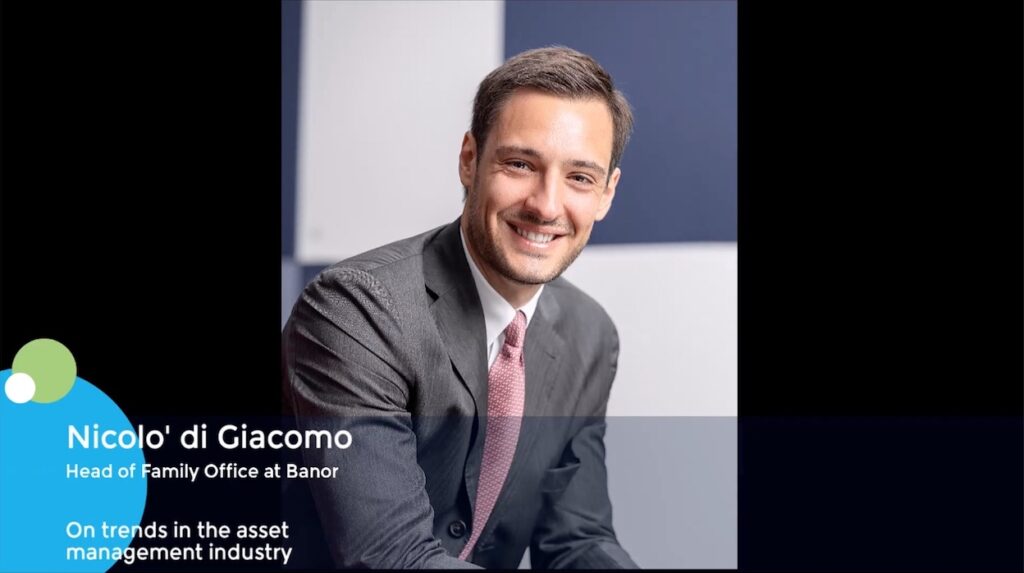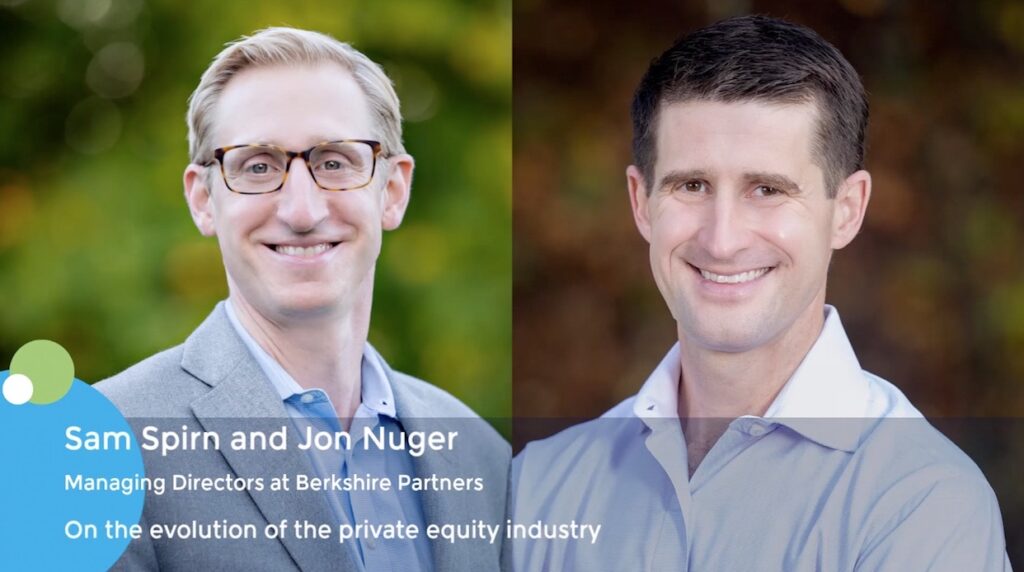Mixed first trades test shutdown-era IPO confidence – ECM Pulse North America
- Navan struggles while BillionToOne surges after upsized debut
- Investors reward clarity of execution and punish uncertainty
- Medline’s filing sets stage for major institutional test of shutdown era
The first read on aftermarket performance from shutdown-era issuers has emerged , with outcomes uneven enough to reintroduce caution among companies lining up behind them.
The debate is shifting from whether deals can get done during the shutdown to whether they should, given the discrepancy in first-day trading responses.
Navan has become the most visible warning case, with shares slipping in the first few days of its trading. While the company reduced operating losses and achieved adjusted EBITDA profitability, it still posted significant net losses. The combination of decelerating revenue growth and continued bottom-line losses led to valuation sensitivity. Ahead of pricing, market participants remained hesitant about the company’s path to sustained profitability, particularly given the growth deceleration over the past 18 months.
Beta Technologies also fell short of the market’s higher bar. The electric aircraft developer opened flat in its New York Stock Exchange debut, an underwhelming outcome for a company widely framed as a test of early stage electrified aviation sentiment.
Other names fared better. Molecular diagnostics company BillionToOne surged after marketing an upsized deal. Its UNITY Screen, which detects single base pair changes and enables non-invasive prenatal testing for severe recessive disorders, resonated with growth investors seeking clearly differentiated next-generation healthcare stories. The move higher, according to one buysider, showed that the market is still willing to back innovation-led stories when it sees a clear path to scale.
Matthew Kennedy, senior strategist at Renaissance Capital, said his firm’s IPO Index shows investors have grown more cautious toward new issues over the past month, yet quality continues to rise to the top, with BillionToOne a strong example of that. “Companies with the most to prove are not getting a free pass,” he said.
Meanwhile, Grupo Aeromexico SAB’s ADRs traded modestly higher after its USD 300m raise and return to public markets three years after delisting, reinforcing the picture of a market that is functioning, albeit selectively.
“This week showed the window is open, but not indiscriminately. Investors are rewarding clarity of execution and punishing anything that requires too much belief,” one ECM banker said.
PwC’s IPO director Mike Bellin said some dispersion is to be expected. He acknowledged that recent volatility has been a challenge, but noted that preparedness allows issuers to choose windows, adjust timing, and launch around macro or company-specific news.
Both issuers and investors have grown more comfortable with the backdrop of volatility, he said. The macro picture remains robust. Third quarter earnings were solid for many companies, and forward guidance, while not universally positive, was generally robust across sectors.
“All of that points to a constructive outlook for the market,” he said.
Several companies remain on file, including Andersen Group, Once Upon a Farm, Wealthfront, BitGo and Lendbuzz.
Medline, which filed publicly after several postponements, is shaping up to be among the biggest institutional tests of the shutdown era. One banker familiar with the situation noted that the filing gives the company optionality to move at a time when the line of wait-outs keeps expanding and the timing to execute before year-end runs out.
Meanwhile, there are open questions on whether BDT & MSD-backed EquipmentShare, another late 2025 IPO candidate, can make its desired IPO timing. This week, a judge in the Business Court of Texas denied a motion for a temporary injunction sought by Neil Chheda, an early investor in the company who is seeking to be reinstated to its board of directors. This news service previously reported that the company’s path to the public markets could see delays as the lawsuit introduces a layer of legal uncertainty at a delicate stage of the company’s IPO process.
Join the waitlist
Amid unrelenting uncertainty, several companies may opt to stand still, refine their equity story and let others take the leap of faith.
At the same time, the private funding market keeps showering prospective candidates with seemingly endless pools of capital, as Cerebras and other IPO hopefuls recently demonstrated.
Cerebras management withdrew its S-1 filing after a bumper late-stage round, with CEO Andrew Feldman citing the need to revise facts and figures with the portrait of a company that is becoming unrecognizable from its first filing.
Expect other candidates to ponder similar revisions as the time between their initial expectations and the harsh reality of this stillness expands by the minute.
Still, Bellin noted that under the new administration, the number of SEC comment letters seen among issuers has fallen slightly compared with previous periods, which could ease the way forward from a bureaucratic perspective.
“It will be interesting to see whether the SEC introduces internal guidelines that differentiate between sectors, perhaps moving faster on industries viewed as less risky. For now, though, there has been no formal guidance to the market about how reviews will be prioritized,” he said.
Thanksgiving and the Christmas-to-New Year holidays will effectively close the near-term window. Companies that are pricing off third-quarter numbers, or those with non-calendar fiscal year-ends, will likely look to launch in January after updating for year-end 2025.
Kennedy added that each of the five shutdown window deals that priced recently cleared at or above the midpoint, which would normally be viewed as a constructive signal for the pipeline if the government shutdown were not restricting the flow of new filings.
“I expect a great deal of activity in late Q1 and into Q2 2026. There is a lot of built-up momentum and inertia that I believe will carry into 2026 once the shutdown ends,” PwC’s Bellin said.











